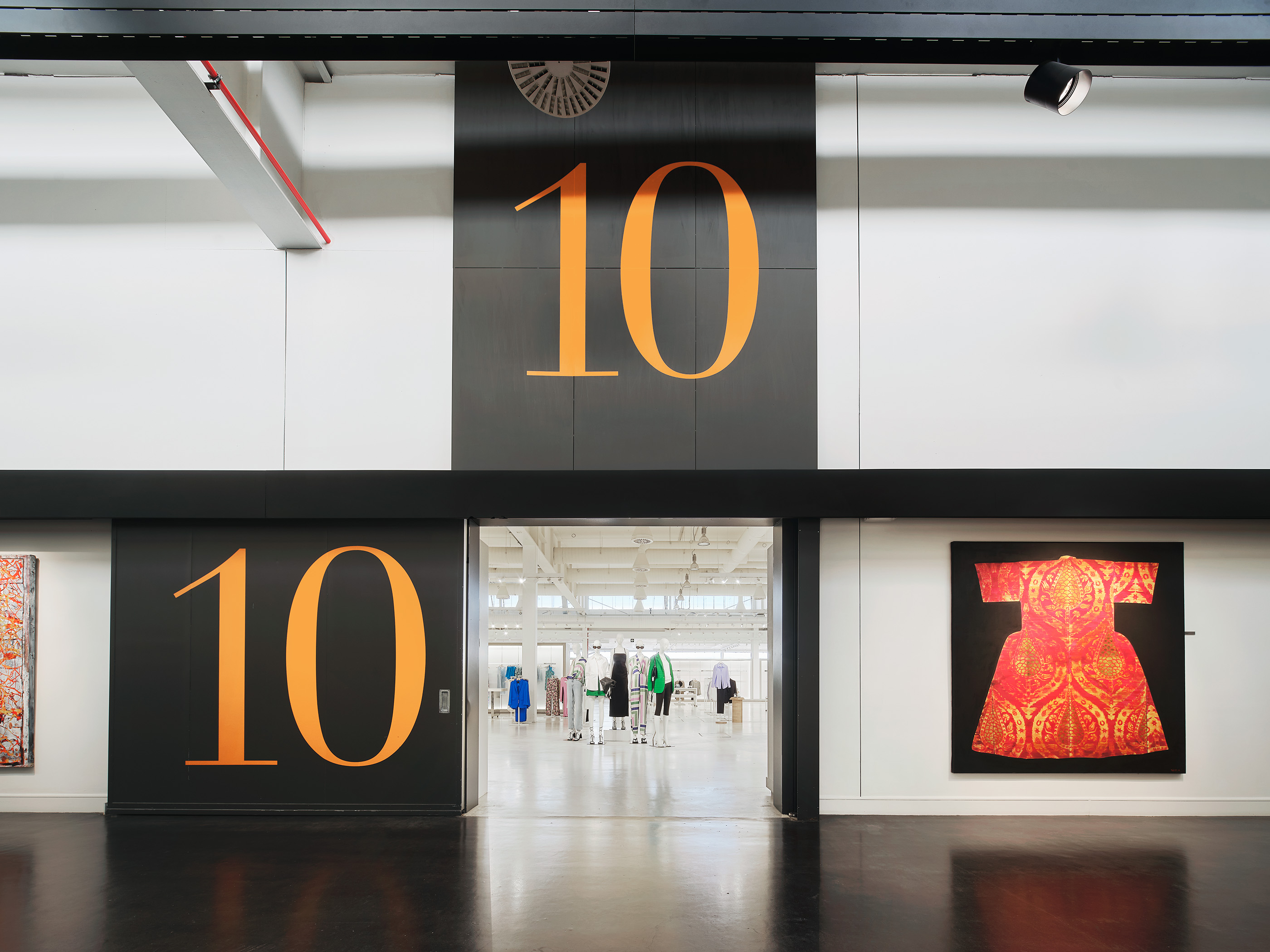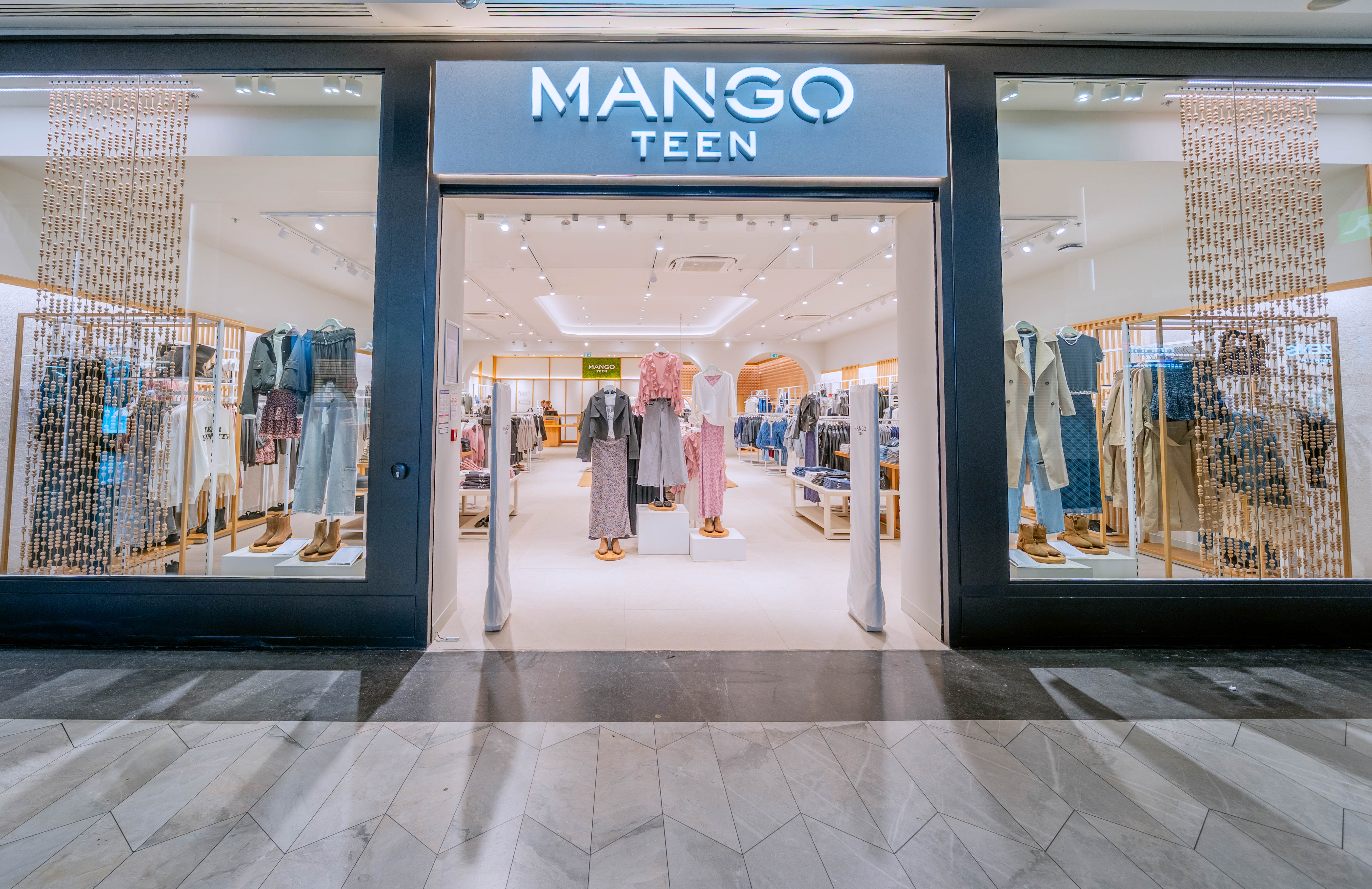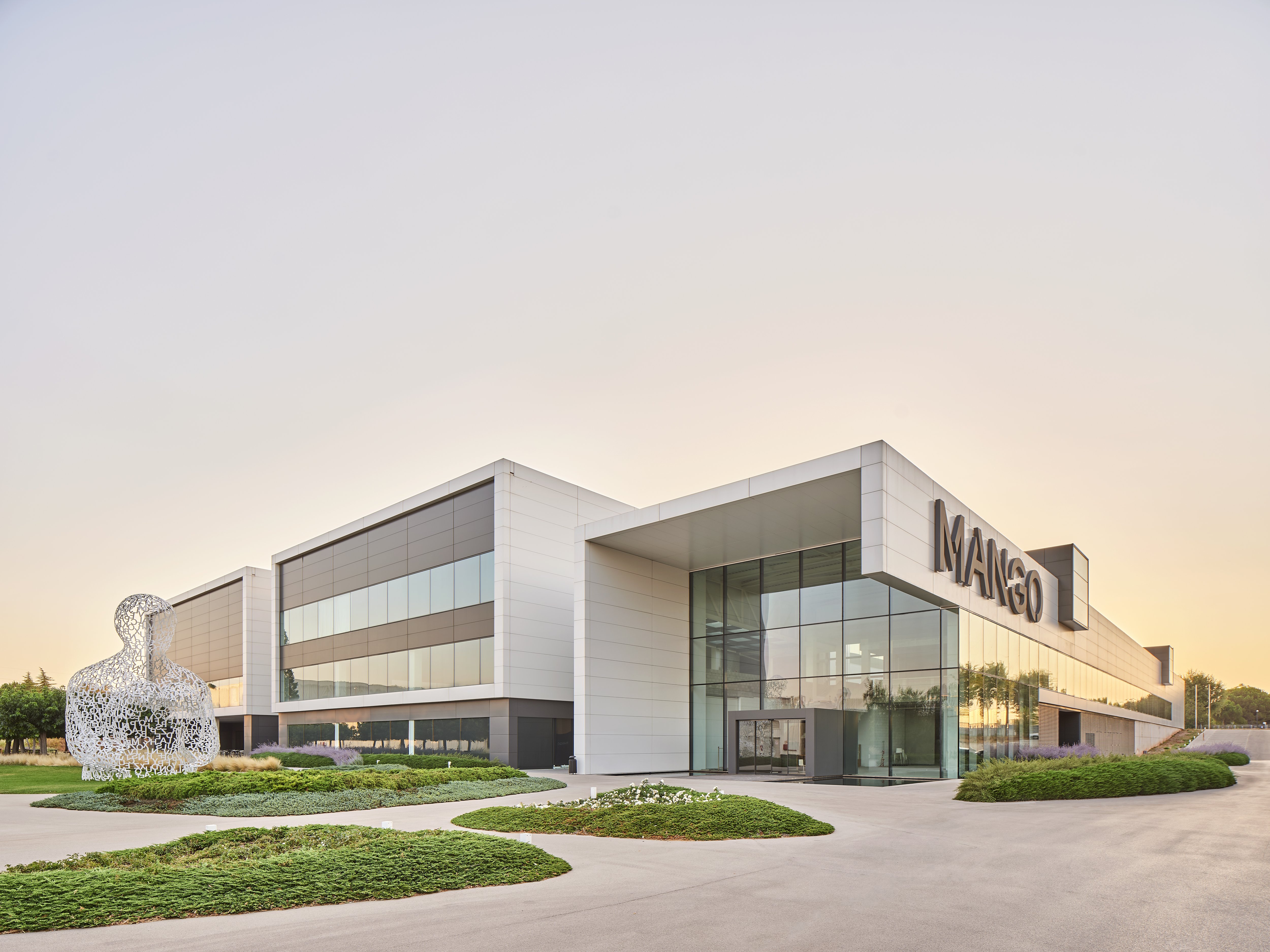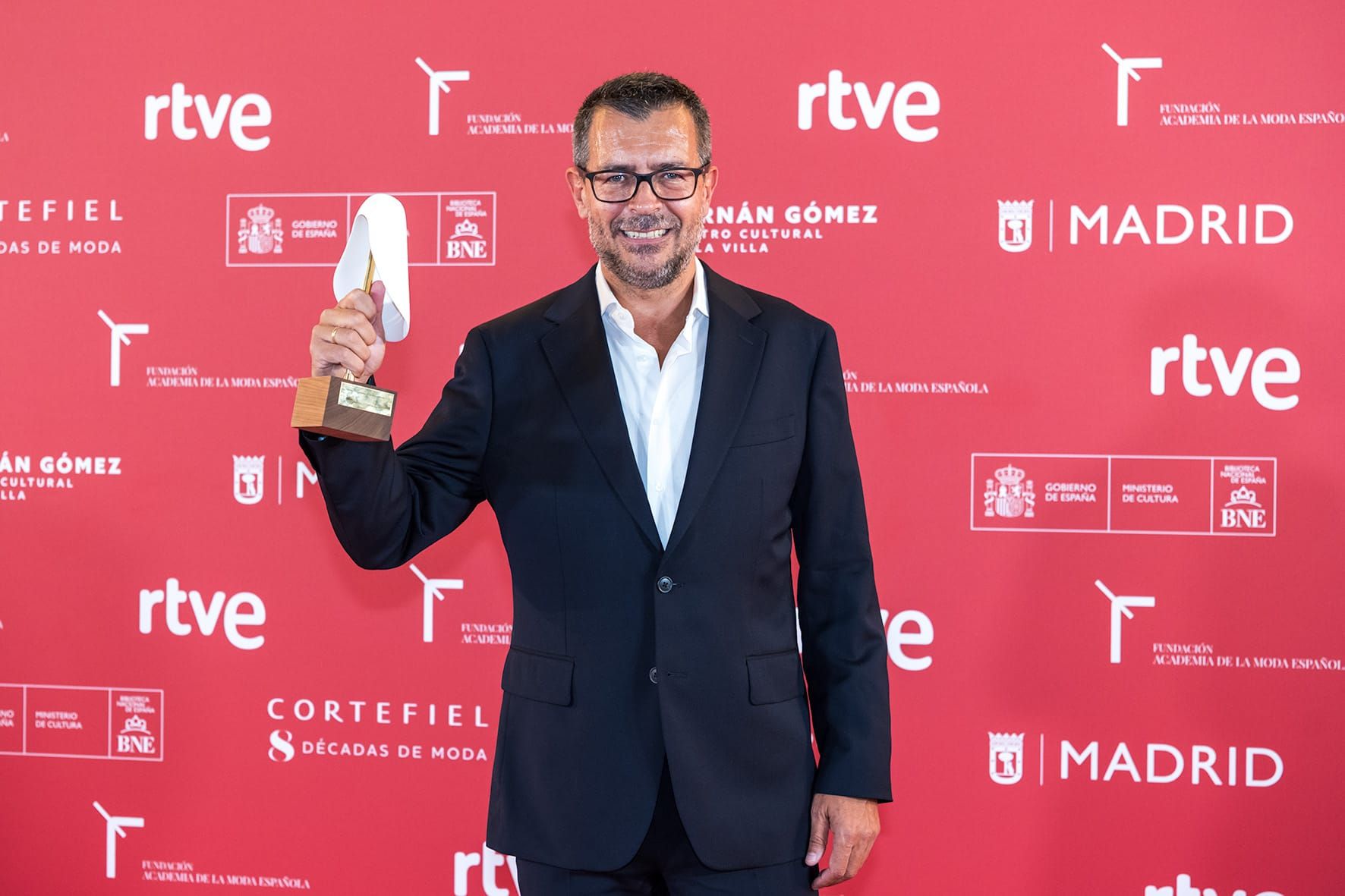Mango signs its first finance deal linked to sustainability criteria
Mango signs its first finance deal linked to sustainability criteria
-
The cost of the loan will reduce if it achieves 100% use of sustainable cotton, recycled polyester and cellulose fibres of controlled origin by 2025, in addition to a 10% reduction in scope 1 and 2 CO2 emissions
After closing 2021 with the healthiest financial structure in a decade, the company has agreed to extend the repayment date of its main syndicated loan until 2028 and to increase the availability of new revolving credit lines
The group has also fully repaid the credit line requested from the Instituto de Crédito Oficial (ICO) at the start of the pandemic, a total of 240 million euros
Mango, one of Europe's leading fashion groups, is strengthening its commitment to sustainability after refinancing its debt and, for the first time in the company’s history, linking it to ESG (environment, social and good corporate governance) criteria.
With this operation, Mango, which closed 2021 with the highest profits in almost a decade and a healthy financial structure, has extended the repayment calendar of its financial obligations, improved the cost of its debt, doubled the availability of revolving credit lines and introduced sustainability criteria, one of the development vectors of the fashion industry.
CaixaBank managed the transaction, acting as a coordinating agent, agent bank and sustainability agent, as well as being one of the three bookrunners, alongside BBVA and Banco de Sabadell. The participating banks in the operation were: Banco Santander, Erste Bank, Deutsche Bank, Ibercaja and Unicaja. The firm Broseta acted as legal advisor for the operation.
Mango has agreed with its banking pool to extend until 2028 the repayment calendar of its main syndicated loan (until now envisaged for 2022 and 2023), which has an outstanding balance of 236 million euros.
The operation, which was signed this morning, involves the issue of a new syndicated loan for the total sum of 200 million euros, of which 150 million euros will be subject to straight-line depreciation until 2027. The remaining 50 million euros correspond to a credit line that may be used until 2023 for investments in the company’s CAPEX and which, if executed, will be amortised in a single bullet payment in 2028.
In addition, the company has agreed with the banks the possibility of doubling the availability of credit lines through two revolving credit facilities for the total sum of 200 million euros, which would become available if the company deemed this necessary.
Margarita Salvans, Mango’s Chief Financial Officer, points out that "this is a historic transaction for the company. Not only is it the first time we have linked the cost of the debt to sustainability indicators, but we have also managed to extend the repayment calendar, improve its cost and double our financing capacity”.
Mango has managed to reduce the average cost of the loan by linking its cost to sustainable targets, among other indicators. This way, it has linked the margin to the company goals of using sustainable fibres and reducing CO2 emissions (scope 1 and 2).
Specifically, the agreement involves achieving by 2025 a 100% use of sustainable cotton, recycled polyester and cellulose fibres of controlled origin, as well as reducing CO2 emissions (scope 1 and 2) by more than 10%. These targets have been validated in a Second Party Opinion drafted by Anthesis Lavola. CaixaBank has advised Mango throughout the process.
Repayment of outstanding loans
Mango, which has a firm commitment towards its financial policy and its aim to reduce its debt, managed to achieve one of the milestones it established in 2015 at the close of the 2021 financial year: to reduce its net debt to zero.
The company closed the last financial year with the healthiest financial structure in the last decade and with a negative debt of eight million euros, after meeting its target and reducing its debt by more than 165 million euros compared to 2020. This is the first time that Mango’s balance sheet has presented this situation in over a decade.
As well as refinancing its debt, Mango has repaid the credit line requested from the Instituto de Crédito Oficial (ICO) at the start of the pandemic. The total sum requested in the spring of 2020 was 240 million euros, which the company never used, but kept on its balance sheet applying a criterion of prudence.
Last December, Mango repaid ICO the first 120 million euros of the credit line and today repaid the remaining 120 million euros of this credit line.
Mango, one of the leading international fashion groups, is a global company with design and creativity at the heart of its business model and a strategy based on constant innovation, the pursuit of sustainability and a complete ecosystem of channels and partners. Founded in Barcelona in 1984, the company closed 2024 with a turnover of over 3.3 billion euros, with a third of its business coming from the online channel and a presence in more than 120 markets. More information at mangofashiongroup.com.




